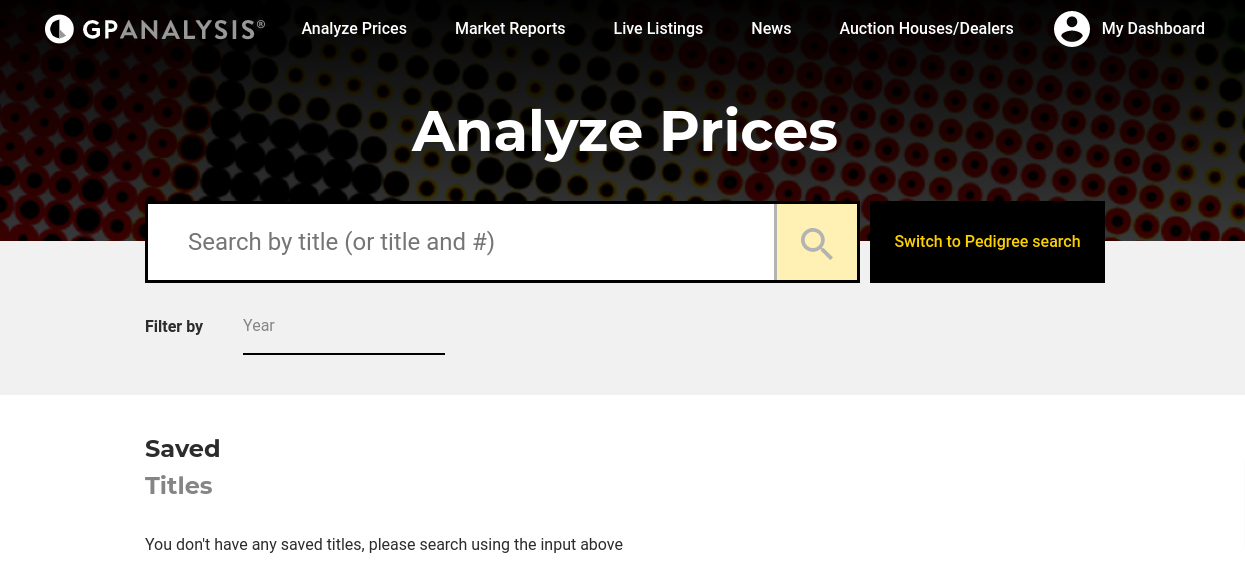GPA appears to be the go-to tool for looking up the value of comics (especially graded comics). However, is discovering the value of a comic really as simple as firing up a tool (whether it’s GPA, GoCollect, CovrPrice, or anything else)?
First off, bear in mind that I’m talking from a UK point of view. This is crucial – the market in the UK is very different from the market in the US. To put it simply, there’s more money, choice, and collectors in the US. There is no GPA UK that caters to the UK market and there are also differences in what collectors look for in the UK.
Some comics may not be so easy to get hold of in the UK, but that does not mean collectors necessarily want them. For instance, clean cent copies of Silver Age Amazing Spider-Man are always sought after in the UK, but cowboy Golden Age comics…maybe not so much.
On the other hand, I am seeing a growing appreciation for UK price (pence) variants (half of my buyers are from the US). Some American collectors/investors are beginning to see the possibilities and rarity associated with pence copies (both in the short and long terms) and I have some UK price variants (for instance Daredevil 168) sell for more than cents copies. If only more people would look at the staggering numbers of UK pence vs US cents copies on the census.
Golden Age comics are incredibly hard to price. They not only tend to have very low census counts but there are also very few copies listed/sold. You could turn to sold listings on Heritage to look up pricing, but the audience on Heritage may be different from more casual collectors, so the prices they realise on Heritage can be hard to match on other platforms.
And while it’s great that there are so many different platforms on which to purchase comics, it does make pricing even more difficult and complex. From what I can tell, GPA pulls its sold data from eBay and Heritage, but people are able to enter their sold prices into the database. This is a good start – but what about ComicLink? What about Instagram (where so many comics are bought and sold)? What about Facebook? What about Whatnot? What about YouTube sales? The list can go on forever, from local auction houses to estate sales. How exactly do you get a baseline?
You can’t, well not easily anyway. My takeaway from looking at GPA for so long is that you can’t possibly rely on one tool to give you pricing on a plate. You need to put in the legwork to understand your audience and the platform you’re selling on. This is not an overnight process – it can take years to learn, and even then you may, at times, be relying on good old trial and error.
Selling and GPA
Something which the numbers on GPA don’t take into account is selling fees. For instance, if you sell a book for $200 on eBay you’ll be paying somewhere in the region of 10-12% final value fees plus any promoted ad fees (say another 3-4%) and extra fees. So you’re left with something around $170, but GPA will note it down as $200. Now, it’s true, GPA doesn’t care about your profit margins but it’s something to be aware of if you’re using GPA to price books. Many sellers price above GPA, because of these selling fees, but buyers expect GPA (or lower) pricing.

